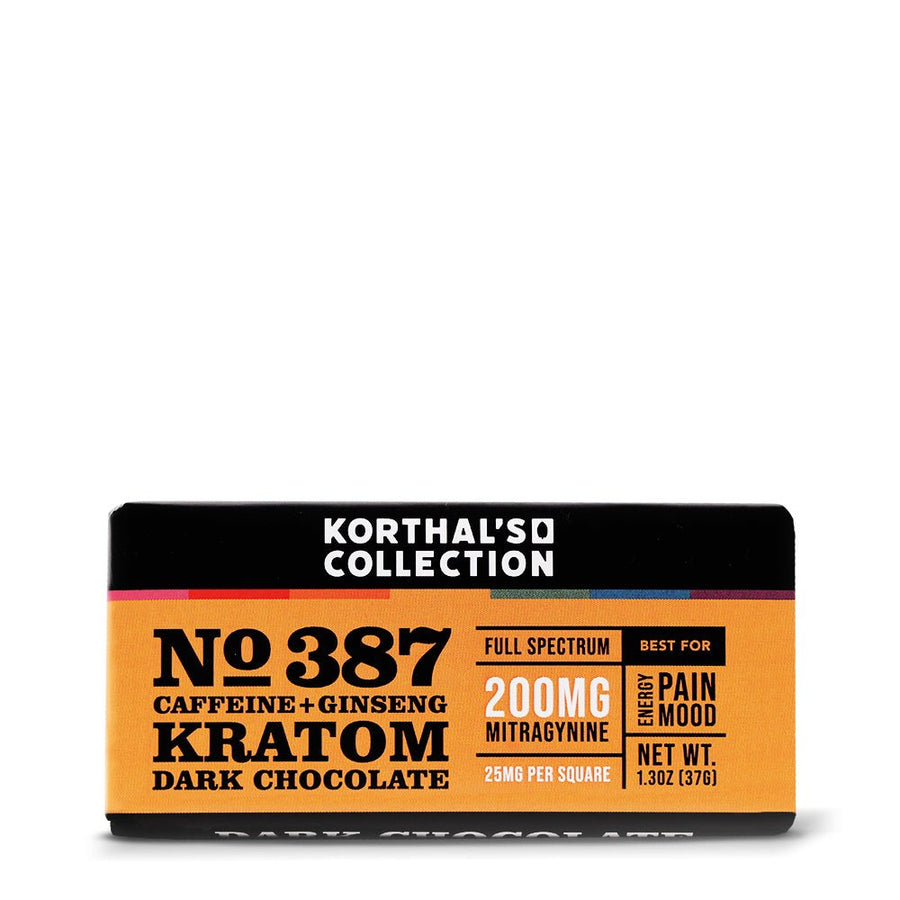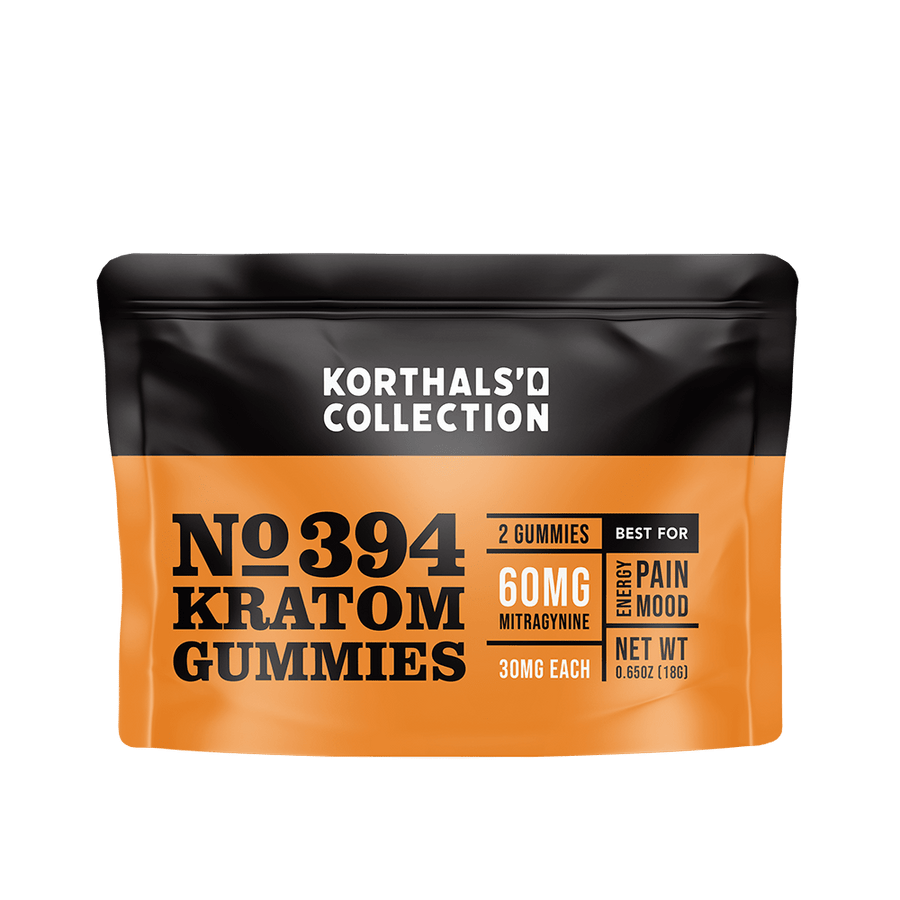Tetrahydrocannabinolic Acid (THCA) is a compound found in the cannabis plant, known to be a precursor to Delta-9 THC. Because of an additional molecular carboxyl ring, THCA, does not bind to the CB1 receptors, preventing psychoactive effects. While it doesn’t produce a high in its raw, cannabinoid form, it may provide therapeutic benefits, including anti-inflammatory properties and neuroprotection, as well as helping to ease nausea. When heat is applied (decarboxylation) 89.7% of the total THCA converts to Delta-9 THC, becoming psychoactive, which can alter your perception by binding to the receptors in your body that affect your coordination, thinking, and concentration.
How does THCA work?
The human body naturally produces cannabinoids which are commonly referred to as endocannabinoids. These compounds work within the endocannabinoid system to maintain homeostasis (balance) by binding with CB1 and CB2 receptors. In raw, cannabinoid form, THC, does not bind to either receptor due to its carboxylic acidic composition, providing therapeutic results. Once THCA is exposed to heat or light, it is converted into a psychoactive cannabinoid. Because THCA is considered an unstable cannabinoid, it will eventually convert to Delta-9 THC naturally, under normal conditions.
What are the different forms of THCA?
When people refer to THC, they are usually talking about Delta-9 THC despite the multiple forms of THC found in the cannabis plant. You may be familiar with some of the following forms of THC:
- Tetrahydrocannabinolic acid (THCA) is a compound found in the cannabis plant, known to be a precursor to Delta-9 THC, and it may be beneficial in helping to ease nausea.
- Delta-9 THC is the main psychoactive cannabinoid found in the cannabis plant, and it can alter your perception by binding to the receptors in your body that affect coordination, thinking, concentration, and pleasure. Research indicates that Delta-9 THC may also have restorative effects to aid in pain relief, sleep, and appetite issues.
- Delta-10 THC has similar effects to Delta-9 THC and Delta-8 THC, but it is much milder than these forms of THC. Its energizing effects also differ significantly from Delta-9 THC and Delta-8 THC. Consumers have found Delta-10 THC beneficial for encouraging creativity, increasing focus, and promoting alertness.
- Tetrahydrocannabivarin (THCv) is a lesser known cannabinoid present in low amounts in the cannabis plant. Its benefits may include reducing stress, relieving symptoms related to anxiety or panic attacks, and acting as appetite suppressant.
- THC-O is a hemp-derived isomer converted from CBD with strong psychotropic properties, and it may also help reduce pain, promote relaxation, and decrease stress.
What are the effects of THCA?
THCA doesn’t provide users with the same type of relief as other cannabinoids, but it does interact with receptors peripherally, providing numerous potential wellness benefits, including neuroprotective qualities. It may also help alleviate symptoms from conditions like colitis and IBS as well as nausea.
Is THCA legal?
The 2018 Farm Bill confirms “all derivatives, isomers, and cannabinoids in hemp are legal.” However, all final products must contain 0.3% (or less) of Delta-9 THC by dry weight. Although there are no current age restrictions from the federal government on hemp-derived products, our company policy states you must be 18 years or older to purchase cannabis products, and 21 years or older to purchase inhalants or smokables. While THCA isn’t listed as a scheduled substance, possession of an illegal amount of THCA-rich products, such as flower or concentrates, is still subject to local and federal laws.
Does THCA show up on a drug test?
Metabolites are your body’s reaction to consuming any form of THC, including THCA, and these metabolites will trigger many drug tests. Different methods of delivery produce varying levels of metabolites within your body. As a precaution, you should not take these products if you need to pass a drug test.
How does THCA interact with CBD?
THCA can be combined with other cannabinoids, like CBD, creating an entourage effect which may enhance the effects of all combined cannabinoids. We offer a wide range of products that combine well with THCA with other cannabinoids.
How much THCA should I take?
The amount of THCA you choose to take will vary depending on your specific needs and/or desired effects. THCA has shown the potential for significant health benefits at lower doses than other cannabinoids, which means that you can use less product while still getting more relief.
What are the different ways to take THCA?
THCA is available in several forms including oils, tinctures, cartridges, edibles, beverages and concentrates.
How can I find the right product?
Finding the right THCA product will depend largely on your needs, wants, and preferences. Many customers find personal consultations helpful in determining which products and methods of delivery works best for them. Visit us in-store for a personal consultation with our doyens.
Let CBD Kratom be your guide.
Stop by one of our stores today and speak to an expert. Our Doyens are knowledgeable and trained to help you determine your needs and find the right edibles for your wellness journey. You can also schedule some one-on-one time with one of our experts from the comfort of your home via video conference or phone.

























































